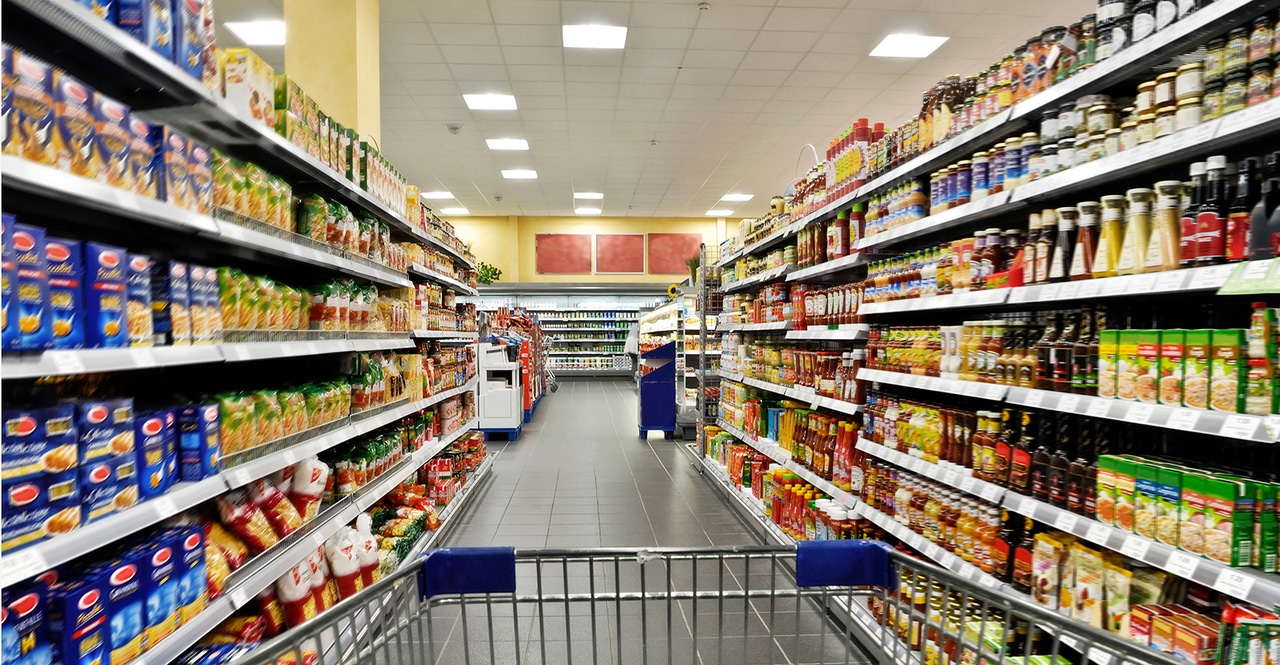NGA opposes restrictions on SNAP purchases in Farm Bill
The National Grocers Association urges Congress to expand SNAP online buying, provide support for independent retailers to offer the program.
February 6, 2023

The National Grocers Association (NGA) is pushing federal lawmakers to consider the impact to shoppers and independent grocers as they begin deliberations on the 2023 Farm Bill.
In a letter to the U.S. Senate Committee on Agriculture, Nutrition and Forestry, and the U.S. House Committee on Agriculture concerning the impact of legislation on the SNAP food assistance program, Stephanie Johnson, NGA vice president of government relations, urged the groups resist proposals to restrict the food choices of SNAP participants to items approved by the U.S. Department of Agriculture. SNAP, formerly known as food stamps, is the federal Supplemental Nutrition Assistance Program, which provides food benefits to low-income Americans.
"The government will need to categorize more than 600,000 products and thousands more each year to create and maintain a food code to determine what foods can be purchased with SNAP," Johnson said. "Grocery store cashiers will become the food police, telling parents what they can and cannot feed their families."
Allowing more choices also will enable the program to remain flexible during supply-chain shortages and declared emergencies, while restrictions would limit the program's ability to react to the changing needs of communities, thus harming participants, taxpayers and small businesses, she said.
Ensuring rigorous stocking and perishability requirements for SNAP authorized retailers is important too, Johnson said, adding that lawmakers should resist mandating the collection of retailer-specific, basket-level purchasing data.
"Massive data collections from the federal government would require additional staffing and expertise that many small businesses do not have," she said. "Many small businesses, especially those with small margins like grocery stores, do not have the capacity to bring on additional compliance staff with each new regulation."
Johnson said that broad data collection also is not necessary to ensure that the program is running effectively and efficiently. "USDA already receives bulk redemption data that assists the agency to pinpoint anomalies and investigate fraud," she said.

SNAP online purchasing needs support
The NGA wants online purchasing to be a permanent SNAP feature, Johnson said. The association is urging Congress to provide the U.S. Department of Agriculture the resources to properly implement SNAP online to onboard new stores, including independent grocers who face financial and technical challenges.
"While 47 states have launched SNAP online purchasing, independent retailers face significant barriers offering the program to customers," she said. "Establishing a system to accept online SNAP payments is a lengthy and expensive process, requiring certain point-of-sale technology and website functions."
The Farm Bill also should include incentives for grocers to expand in rural and low food access communities, Johnson said.
"It is difficult in this very low-margin business to develop capital and sustain a business without outside support," she said. Congress, she noted, should provide capital specifically for supporting experienced grocers looking to expand into low-food access areas and to require the retailers to carry nutritionally important foods, such as fresh produce and meat.
Congress also should consider the creation of a support program for grocers in those communities, Johnson said.
"While independent grocers have the expertise to sustain a successful business, many communities are not large enough to support this low-margin service," she said. "Additionally, Congress should pass legislation to provide tax incentives for businesses that open stores in low food access areas."
Protecting retailers from burdensome fees and regulations is crucial as well. The NGA would like to see the federal government permanently prohibit on EBT processing fees—charges retailers have to pay processors on transactions paid for with electronic benefits transfer cards—and promote competition among those processors.
"Enhancing competition will protect the program from increased costs and allow for accountability," Johnson said. "Additionally, EBT outages damage retailers' ability to sell food to low-income SNAP customers, who are impacted the most during outage scenarios."

About the Author(s)
You May Also Like




